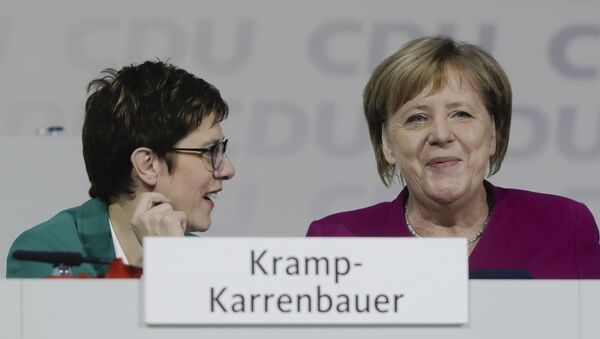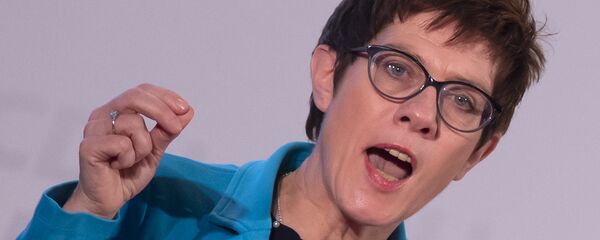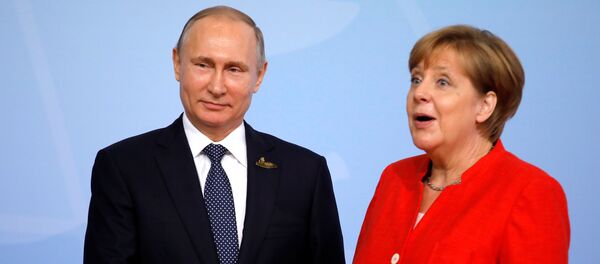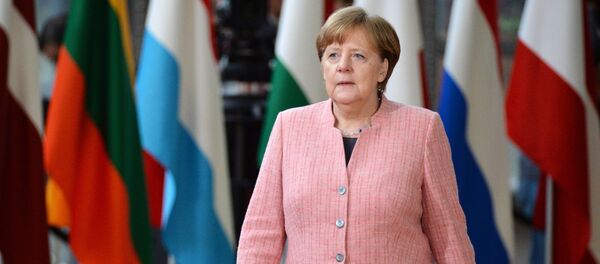Business interests were seen to be the biggest contributors to Merkel's party, even as she steps aside for new CDU boss Annegret Kramp-Karrenbauer.
Berlin's parliamentary administration has revealed that the CDU raked in the equivalent of $972,267 in 2018 from political donors, including big-ticket shareholders in legacy German automaker BMW.
CDU's largest windfall came from a former CEO of the Merck pharmaceutical company, Hans-Joachim Langmann, who ponied up almost $300,000 in July.
A single donation of just over $400,000, however, was lavished on the German Communist Party (DKP) in May.
Possibly hedging bets for their political influence for the upcoming year, the chemical firm Evonik and carmaker Daimler each gave both the SPD and the CDU just over $200,000 during 2018.
CDU political ally Bavarian Christian Social Union (CSU), received an estimated $715,000 from the Association of Bavarian Metal-Working and Electrical Industries (vbm).
As for the outsider nationalist parties, the Alternative for Germany (AfD) and the Left Party claimed no large donations as of the December 28 list posting due, in part, to an ongoing investigation into AfD parliamentary leader Alice Weidel's illegal acceptance of some $150,000 from a Swiss pharmaceutical company, according to Deutsche Welle.
Large-scale donations to German political parties from non-EU members are illegal and any donation to a German political party of €50,000 ($57,192) or more must immediately be registered with the president of the parliament, according to Dw.com.
Merkel, a four-term chancellor, will step down from her leadership of Germany in 2021.






